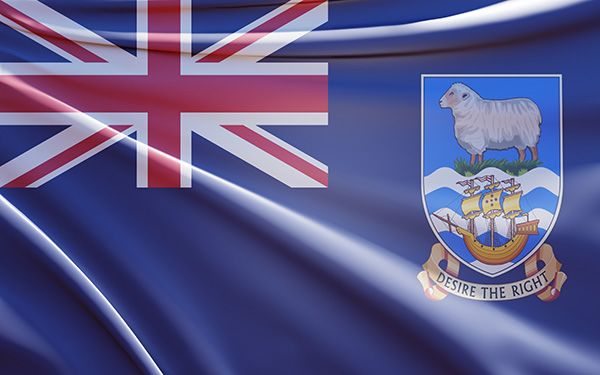Are Falkland Islands Part Of Uk?

The Falkland Islands, a remote archipelago located in the South Atlantic Ocean, often spark curiosity regarding their political status and relationship with the United Kingdom. This inquiry is particularly relevant given the historical significance and ongoing debates surrounding the islands. Understanding whether the Falkland Islands are part of the UK requires examining their history, governance, and the complex dynamics of sovereignty. This article will explore these facets in detail, shedding light on the current status of the Falkland Islands.
Quick Info Table
| Feature | Details |
|---|---|
| Location | South Atlantic Ocean |
| Capital | Stanley |
| Population | Approximately 3,400 |
| Official Language | English |
| Currency | Falkland Islands pound (FKP) |
| Political Status | Self-governing British Overseas Territory |
Historical Context
Origins of the Falkland Islands
The Falkland Islands were first sighted by European explorers in the 16th century, but they remained largely uninhabited until the 18th century. In 1764, the French established a settlement, which was later ceded to Spain. The British laid claim to the islands in 1765, establishing a settlement as well. Over the next century, control over the islands shifted between various nations, including Britain and Spain.
The 1982 Conflict
A significant chapter in the Falkland Islands' history occurred in 1982 when Argentina invaded the islands, claiming them as their own. The invasion led to a brief but intense conflict known as the Falklands War. The UK responded by sending a naval task force, and after ten weeks of fighting, British forces regained control of the islands. This conflict solidified the islands' association with the UK and sparked ongoing discussions about their sovereignty.
Political Status of the Falkland Islands
Current Governance
Today, the Falkland Islands are classified as a British Overseas Territory. This means they are self-governing, with their own constitution and elected officials, yet they remain under the sovereignty of the UK. The islands have their own legislative assembly, which is responsible for local matters, while the UK retains responsibility for defense and international relations.
Self-Determination
A key principle in the Falkland Islands' political status is the right to self-determination. In a 2013 referendum, over 90% of voters chose to remain a British Overseas Territory, reinforcing their desire to maintain ties with the UK. This democratic process underscores the inhabitants' preference and has been a critical factor in discussions about the islands' future.
Cultural and Economic Connections
Cultural Identity
The people of the Falkland Islands, known as Falkland Islanders, predominantly identify as British. Their culture reflects a blend of British traditions and local influences, with English as the primary language. The islands have a unique identity shaped by their history and geographic isolation.
Economic Ties
Economically, the Falkland Islands benefit from their association with the UK. The islands' economy relies on fishing, tourism, and agriculture. The UK provides support and stability, facilitating trade and investment opportunities. Additionally, the potential for oil reserves in the surrounding waters has drawn interest from international companies, further linking the islands to global markets.
The Sovereignty Debate
Argentine Claims
Despite the strong ties between the Falkland Islands and the UK, Argentina continues to assert its claim over the islands, referring to them as Islas Malvinas. The Argentine government argues that the islands are a part of its national territory and seeks to negotiate sovereignty issues. This claim is rooted in historical context, as Argentina inherited the Spanish claim upon gaining independence in the early 19th century.
International Perspectives
The sovereignty debate has drawn international attention, with various countries expressing differing views. Some nations support Argentina's claims, while others recognize the Falkland Islands' right to self-determination. The situation illustrates the complexities of colonial legacies and national identity in the modern world.
Conclusion
In summary, the Falkland Islands are indeed part of the United Kingdom as a self-governing British Overseas Territory. Their political status is defined by a unique blend of local governance and British sovereignty, underscored by the principle of self-determination. The ongoing sovereignty debate with Argentina adds a layer of complexity to the islands' identity and future. The Falkland Islands stand as a testament to the enduring connections between territory, culture, and national identity.
As the world continues to evolve, the situation in the Falkland Islands remains a critical topic for discussion, highlighting the importance of respecting the wishes of the islanders while navigating the historical claims of other nations. Ultimately, the Falkland Islands serve as a reminder of the intricate tapestry of history and politics that shapes our world today.



Comments ()